- Overview
- Symptoms
- Causes & Risks
- Tests & Diagnosis
- Treatment
- Living With
- Complications
- Support & Resources
- Appointment Prep
- View Full Guide
Natural Treatments for Crohn’s Disease


How It Works
Along with the medicine your doctor prescribes, you may want to add “complementary” treatments to help with Crohn’s symptoms, boost your immune system, or just feel better every day. There are many options out there, from herbal remedies to mindfulness practices. But remember: Let your doctor know about any new therapies you want to try. They can give you an idea of what’s safe and most likely to help you.

Probiotics
The gut is naturally full of bacteria, but their balance may be off in people with Crohn’s. Probiotics aim to restore that balance by adding helpful germs. You can get them in foods, like “live culture” yogurt, sauerkraut, and miso. You also can take probiotic tablets or capsules. Do they work? Scientists have found several strains that look promising, including one called bifidobacterium, but more research is needed. If you want to try them, they’re usually safe with mild side effects, like gas and bloating.

Prebiotics
Some foods have these natural substances, which provide fuel for the helpful bacteria growing in your digestive tract. Get them in bananas, onions, leeks, Jerusalem artichokes, asparagus, and dandelion greens. Studies haven’t found any evidence that adding prebiotic foods to your diet will help your symptoms. But again, they won’t hurt you if you want to try them.
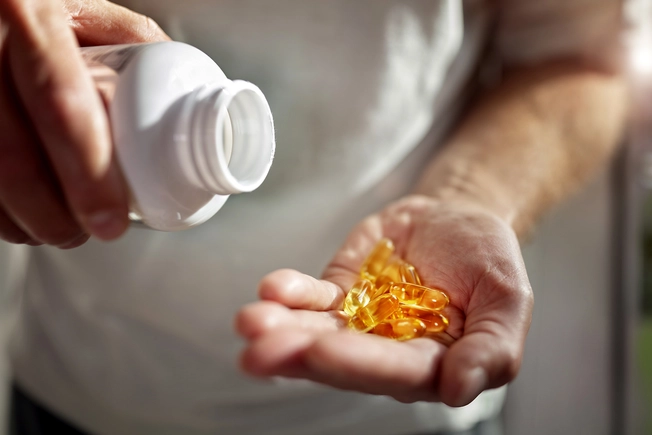
Fish Oils
Also called omega-3 fatty acids, they’re a popular remedy for many health problems that involve inflammation. You can get them by eating fatty fish like salmon, mackerel, and herring. They’re also available in pill form. Will they relieve the inflammation that Crohn’s causes in your intestine? Scientists aren’t sure. They’re generally safe, though, if you want to give them a try. Just let your doctor know before you start taking them.
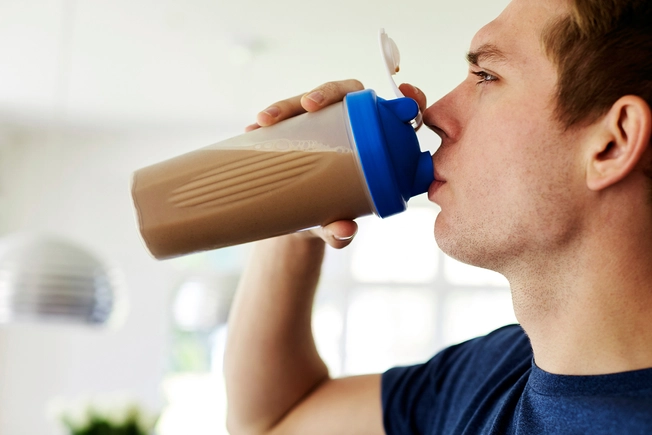
Bowel Rest
If you’re in the middle of a flare, it may help to eat a liquid diet for a bit to give your digestive system a chance to reset. This can take anywhere from a couple of days to a few weeks. You’ll drink special fluids to make sure you get all the nutrients you need while the inflammation in your gut heals. Don’t try it on your own, though. Make sure you have your doctor’s guidance.

Aloe Vera
You may know it as a skin treatment, but some people claim drinking this plant’s juice can help with bowel problems. There’s no proof that it works, and it can cause diarrhea. It also may rev up your immune system, which can be a problem when you have Crohn’s.
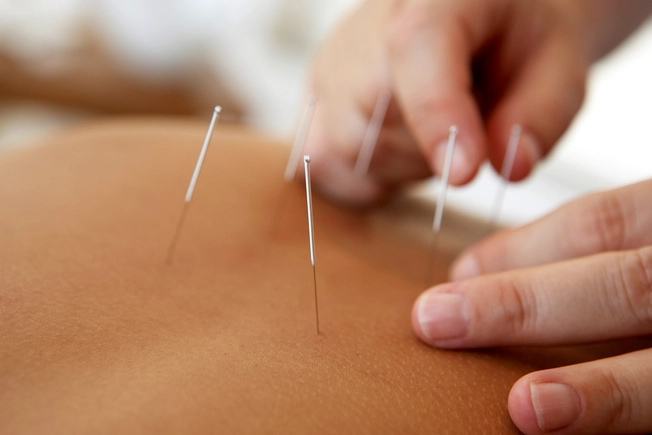
Acupuncture
Can this traditional Chinese practice, when small needles go into your body at specific points, help you manage Crohn’s disease? Some people may find it makes them feel better. But it hasn’t been studied much, so it’s hard to say for certain. There are few risks, as long as you see a certified practitioner.
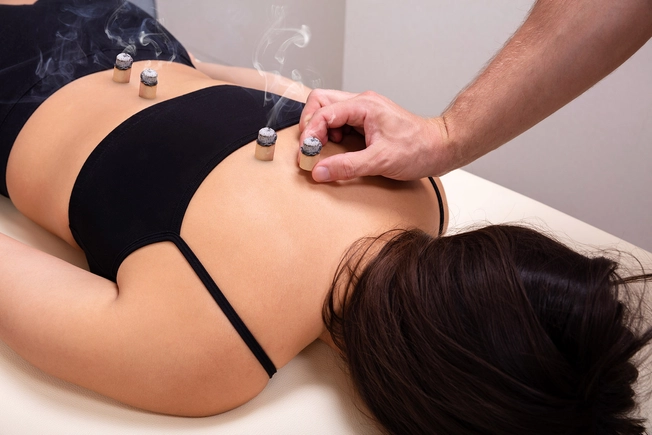
Moxibustion
Moxibustion is another type of traditional Chinese medicine that you usually get at the same time as acupuncture. The two methods are thought to work best together. It's a type of heat therapy. The practitioner burns dried herbs close to your skin, often near acupuncture points. A few studies have found that moxibustion with acupuncture could improve Crohn's symptoms. But we need a lot more research.

Yoga
This practice, which focuses on postures and breathing, is a great way to relax. That can be key for Crohn’s, since stress can trigger flare-ups and make symptoms worse. Any form of exercise, though, can ease stress and help your intestines work more normally. Research has found that yoga can be a safe and effective part of your treatment plan when you’re not in the middle of a flare.

Sunlight
Researchers have found that people who get less sunlight have higher chances for getting Crohn’s. But that doesn’t mean sunbathing will help your symptoms. First, scientists need to learn more about the link between sunshine and the disease. Second, skin disorders are a common problem for people with Crohn’s, and tanning can make those worse. Wear sunscreen, and check whether any of your medications make you extra sensitive to UV rays.
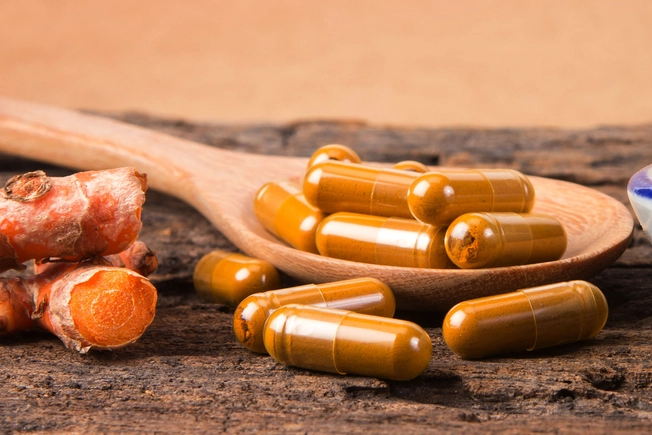
Turmeric
The key part of this spice is curcumin, which some believe has inflammation-fighting powers. There’s no strong proof of that, but in a few small studies, it seemed to help people who had Crohn’s or ulcerative colitis. Still, more research is needed. It’s safe, but taking it for a long time or using too much could cause digestive problems. You can find it in tablets, capsules, teas, and extracts.

Cannabis
A few early studies found that smoking cannabis (marijuana) might help with symptoms like pain, nausea, and loss of appetite. But there's no evidence that medical cannabis can ease inflammation or treat Crohn's or IBD. And it can have side effects, including mood and memory problems. More studies are underway. In the meantime, don't try it without checking with your doctor.

Pineapple Extract
Bromelain, which comes from the stems of the fruit, may be able to fight inflammation. Scientists believe that it might help ease Crohn’s symptoms, but it’s only been tested in the lab so far. They need to do more studies to know how it affects people. You can find it in tablet and capsule form. Some people who take it have had digestive problems and allergic reactions.

Camel’s Milk
If you have trouble getting enough nutrition because of Crohn’s, this milk may help. It’s loaded with minerals (calcium, magnesium, iron, copper, and zinc) and vitamins (A, B2, C, and E). It’s also low in fat and cholesterol. Because it has antioxidants and other proteins that can fight inflammation, some think it could help improve Crohn’s symptoms. More study is needed to answer that question, though.
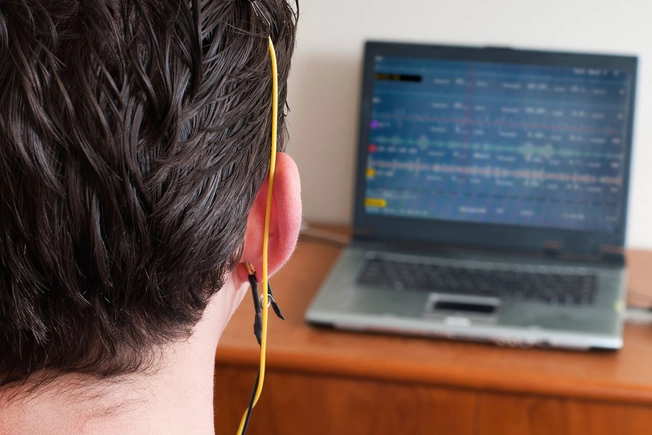
Biofeedback
This technique helps you control your physical reactions with your thoughts. Electrical sensors on your body give you information on your heart rate, breathing, brain waves, and other feedback. With a therapist’s help, you learn to control those functions, maybe by relaxing specific muscles or breathing a certain way. This helps you get stress under control, which may help keep Crohn’s symptoms at bay.